- contact@laparoscopyadvice.com
- General Practice Hospital, G-9/2 Islamabad
- Mon - Fri: 10:00 am - 7:00 pm
Visiting Hours
| Mon - Fri: | 8:00 am - 8:00 pm |
| Saturday: | 9:00 am - 6:00 pm |
| Sunday: | 9:00 am - 6:00 pm |
Gallery Posts
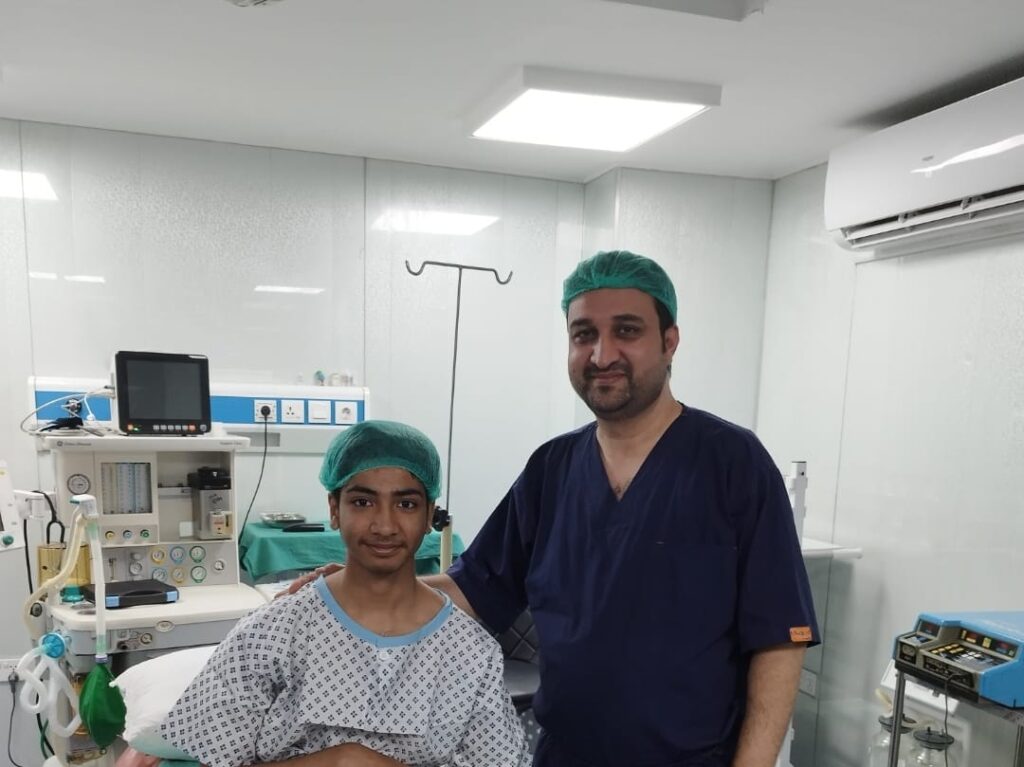
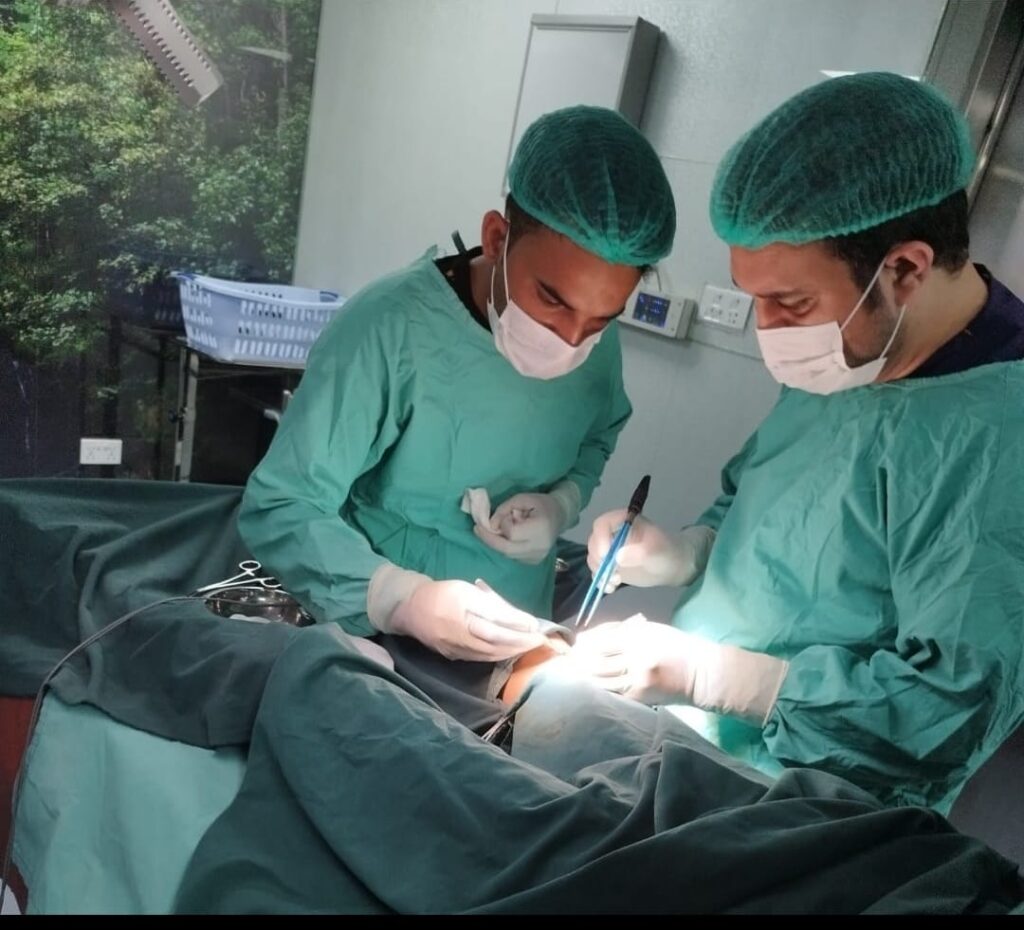
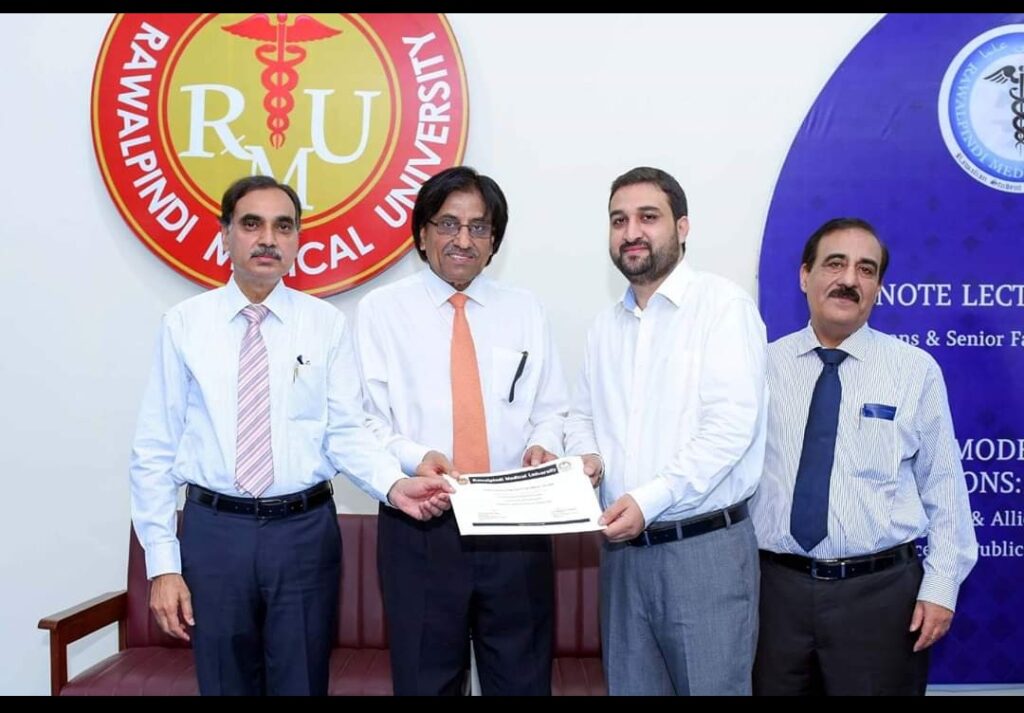
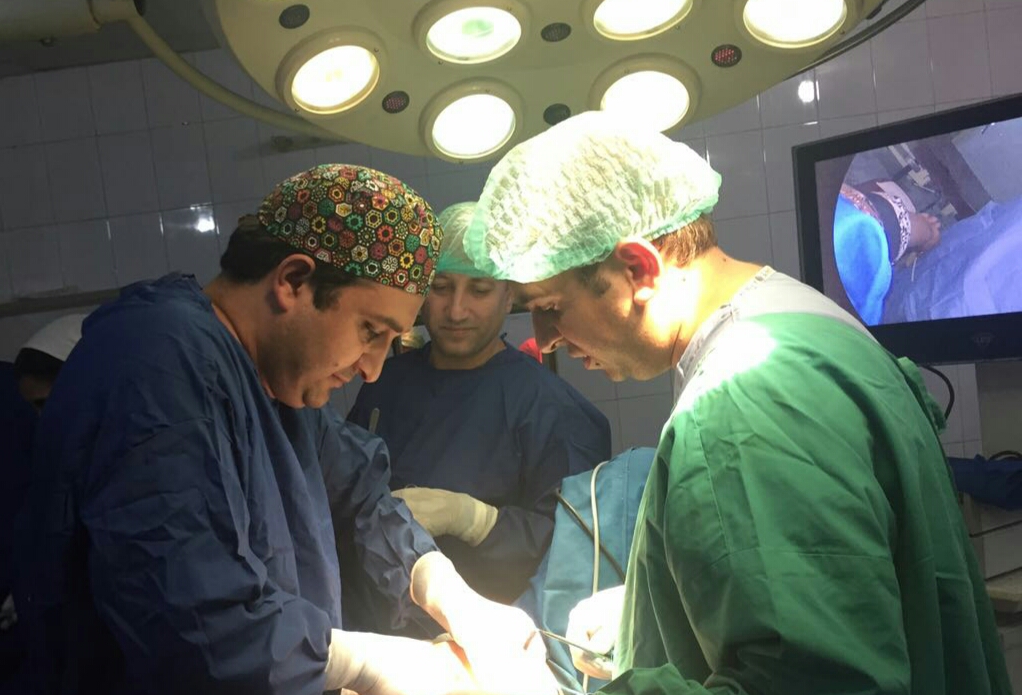
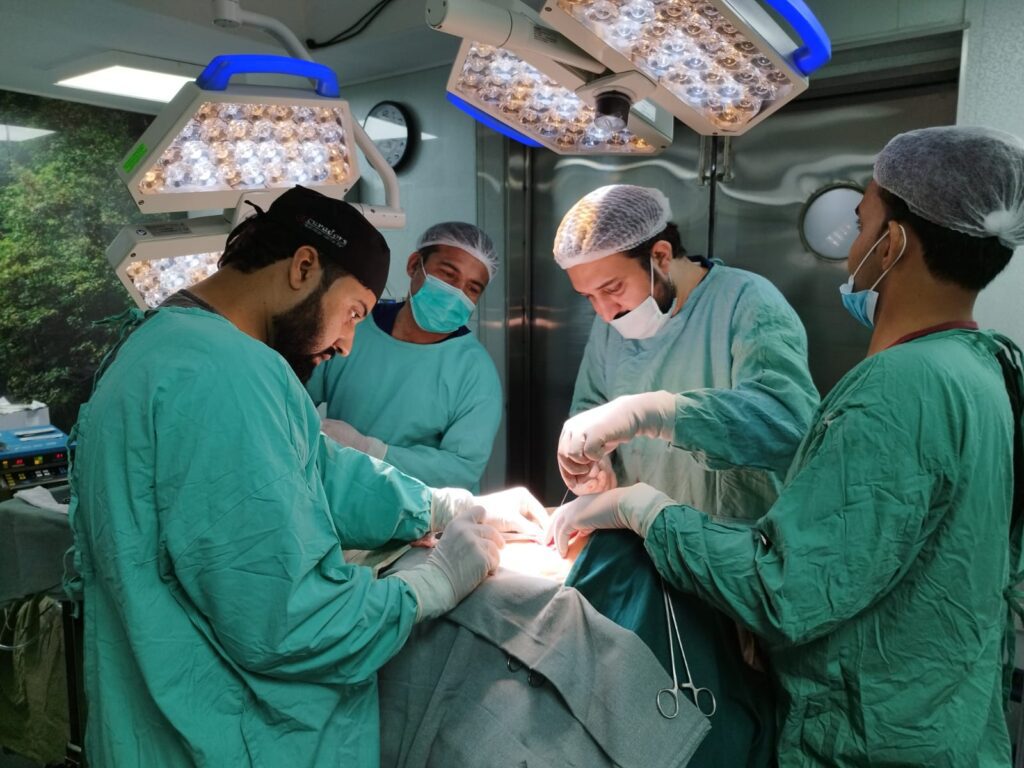

| Mon - Fri: | 8:00 am - 8:00 pm |
| Saturday: | 9:00 am - 6:00 pm |
| Sunday: | 9:00 am - 6:00 pm |






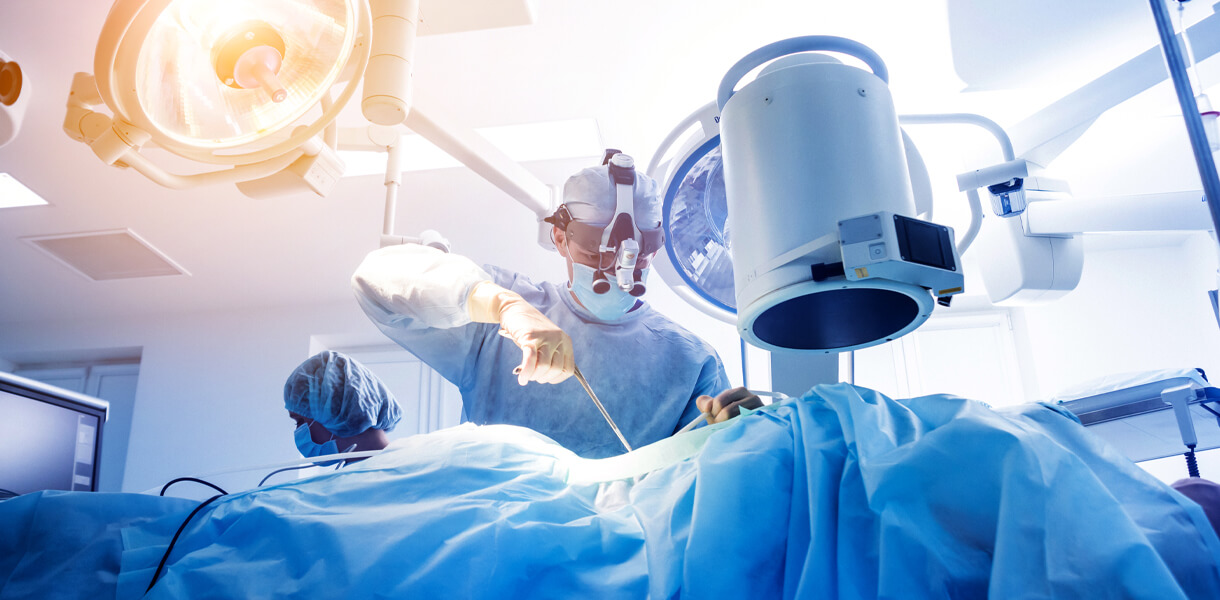
A perianal abscess is a painful condition characterized by a collection of pus near the anus or in the surrounding tissues. It typically develops as a result of an infection, often bacterial, and can lead to discomfort, swelling, and redness in the affected area.
A perianal abscess usually forms when bacteria enter the anal glands or hair follicles near the anus and multiply, leading to inflammation and the formation of pus-filled pockets. The abscess may develop internally, within the anal canal, or externally, near the opening of the anus.
Perianal abscesses are often associated with pain, swelling, and tenderness around the anus.
The affected area may appear red and inflamed, and there may be visible signs of pus or fluid accumulation.
In some cases, individuals may experience fever, chills, and general feelings of illness.
Common causes of perianal abscess include bacterial infections, such as those caused by Staphylococcus aureus or Escherichia coli. Risk factors for developing a perianal abscess include anal trauma or injury, conditions like Crohn’s disease or diabetes that weaken the immune system, and chronic constipation or diarrhea.
Pain and tenderness near the anus, which may worsen during bowel movements or sitting.
Swelling and redness around the anus, often accompanied by warmth.
Fever, chills, and fatigue.
Drainage of pus or fluid from the abscess, which may cause itching or irritation.

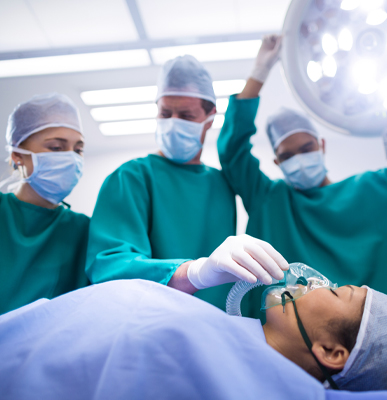
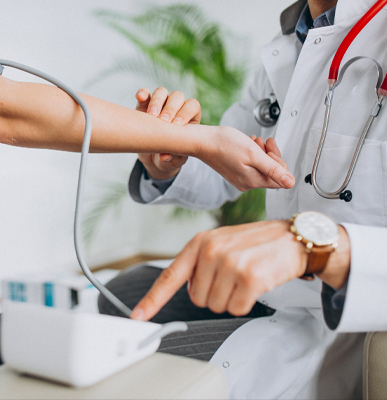
| Mon - Fri: | 9:00 am - 7:00 pm |
| Saturday - Sunday: | Off |
Copyright 2023 Adil's Laparoscopy World | Powered by Dynaamx